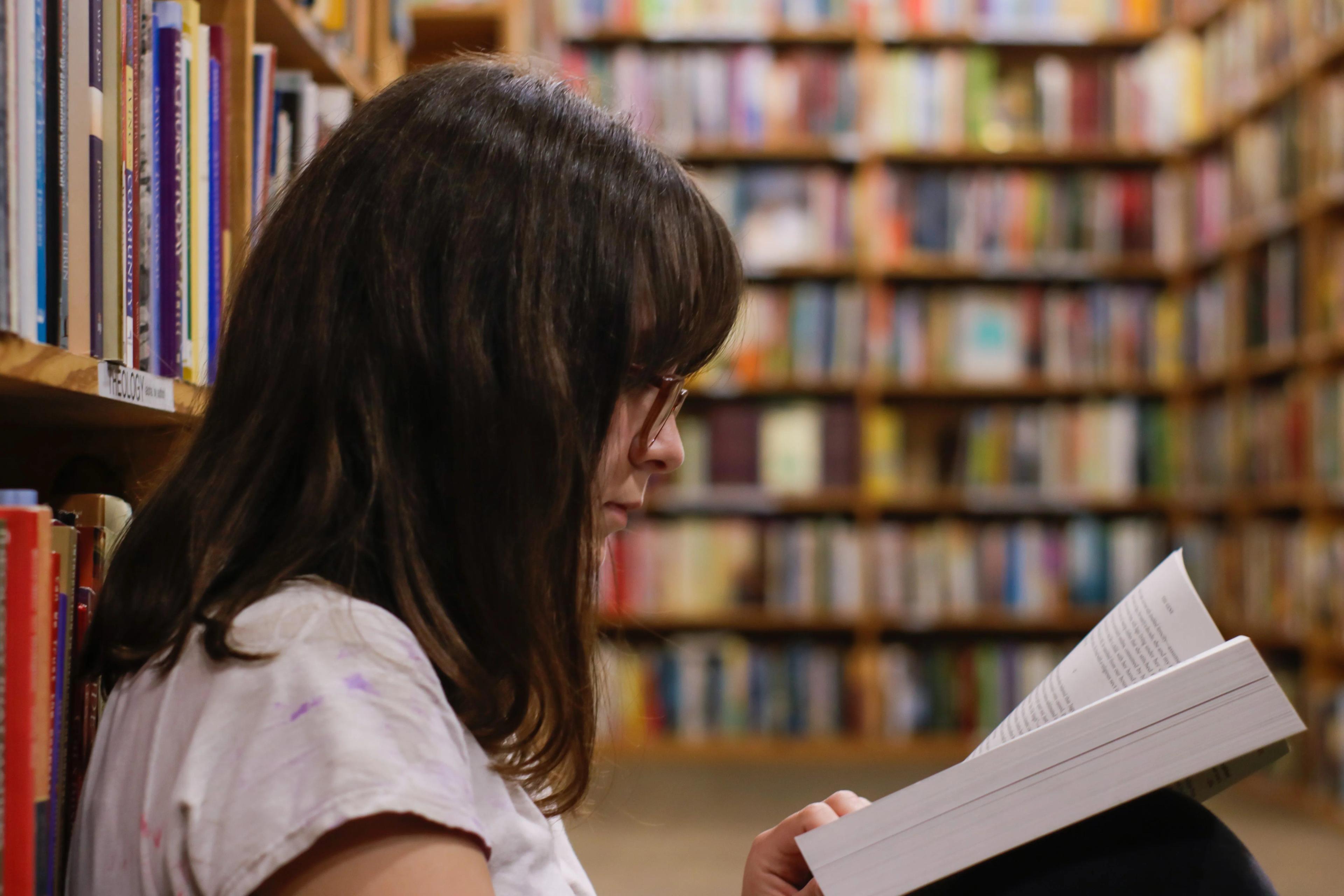Developing problem-solving and critical thinking skills in children is essential for their growth and well-being. These skills provide children with the foundations for decision making, logical reasoning, categorizing, analytical thinking, negotiation, and creativity. The key to developing these skills is to provide children with a caring environment that is rich in appropriately challenging activities.

One way to help children develop problem-solving skills is to give them the language to express what they are finding difficult in an activity. For example, if a child spills water and can’t find a cloth to clean it up, you could say: “That looks like a big spill of water. What should we do next?”
Another way to encourage problem-solving is to answer children's questions with questions. When a child asks a question, instead of answering immediately, ask them a question that will encourage them to take the next step to solve the problem. For example, if a child asks: “Where are my shoes?” ask them: “What were you doing when you were wearing them last?”
To further develop problem-solving and critical thinking skills, provide children with activities that are challenging but not impossible. The activities should be a little out of reach, and account for the child’s stage of development, skill level, and interests. For example, you would introduce a child who is interested in name writing to the developmentally appropriate language materials, as opposed to presenting a counting activity.
It is also important to slow down and stand back and observe children as they work. Children are often more capable than we think and allowing them the time and space to persist will help them to discover the learning outcome on their own.

Lastly, focus on the child's effort and not the result. Using phrases such as “I can see you have been working hard” or “That looks tricky! You worked hard on that” encourages children to try challenging things, and see learning as its own reward. Focusing on the child’s effort, as opposed to the result, encourages them to continue to put in effort, even when the outcome is not what they expected.
In conclusion, problem-solving and critical thinking are essential skills for children to learn. By providing a safe and nurturing environment, using prompting questions, setting the right level of challenge, slowing down and standing back, and focusing on the child's effort, we can help children develop these skills and become confident and successful problem-solvers.

